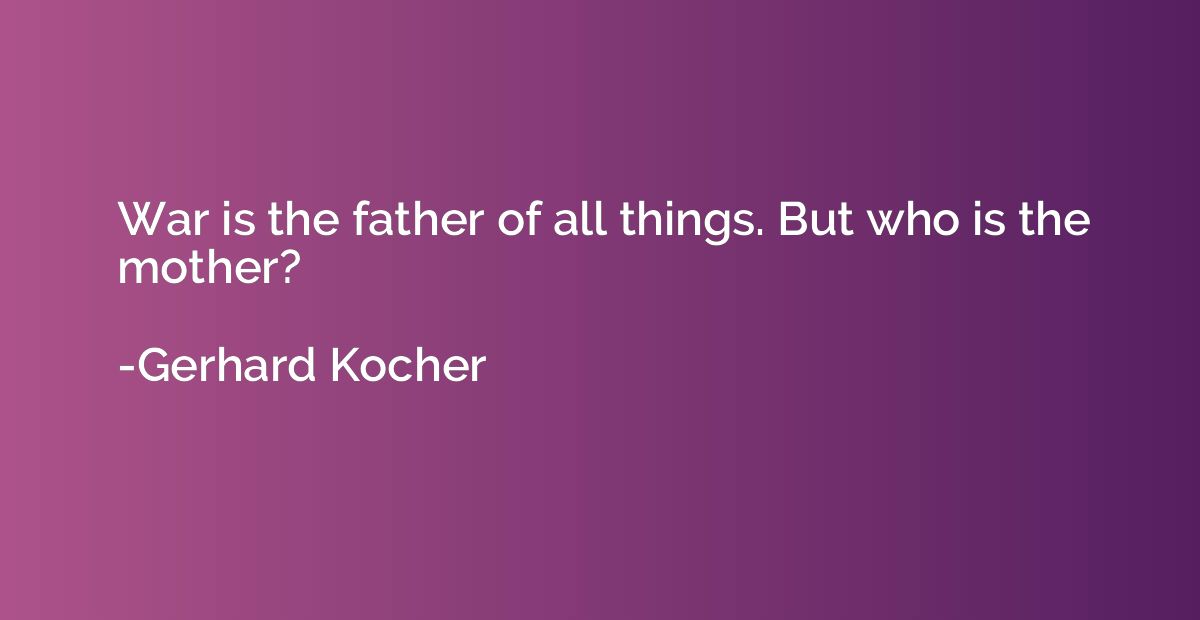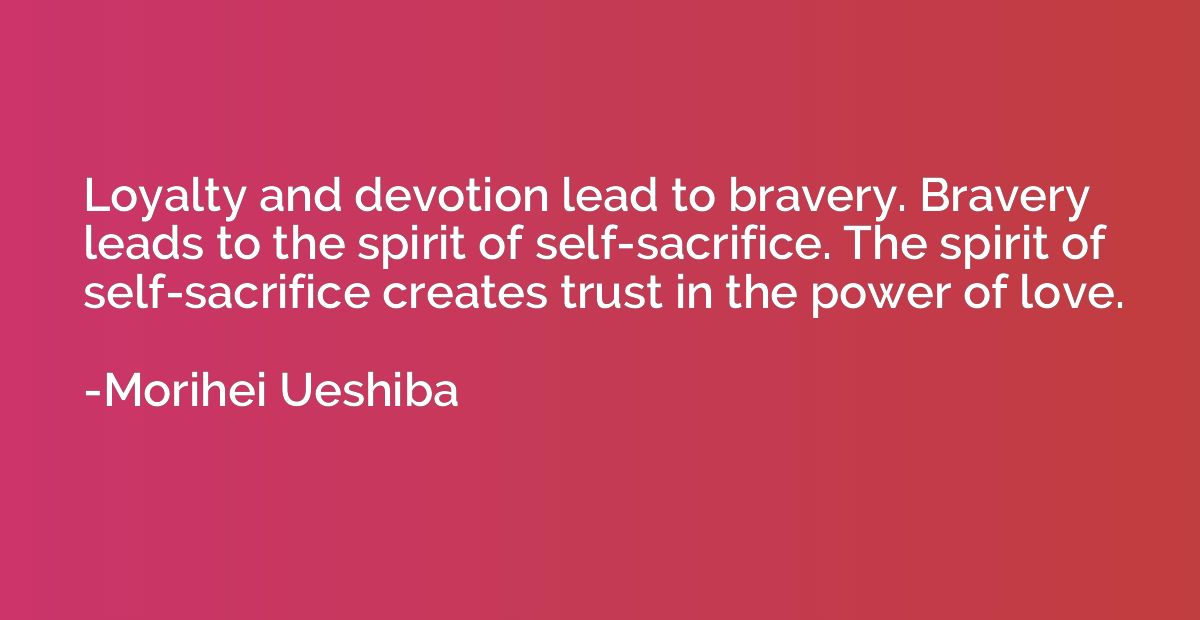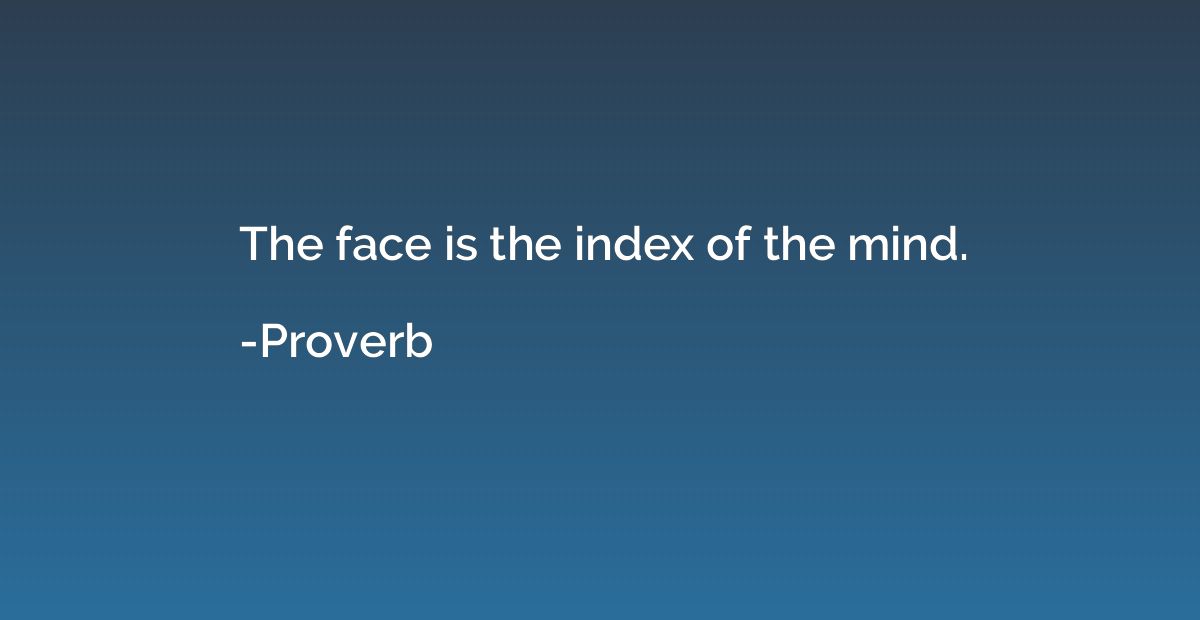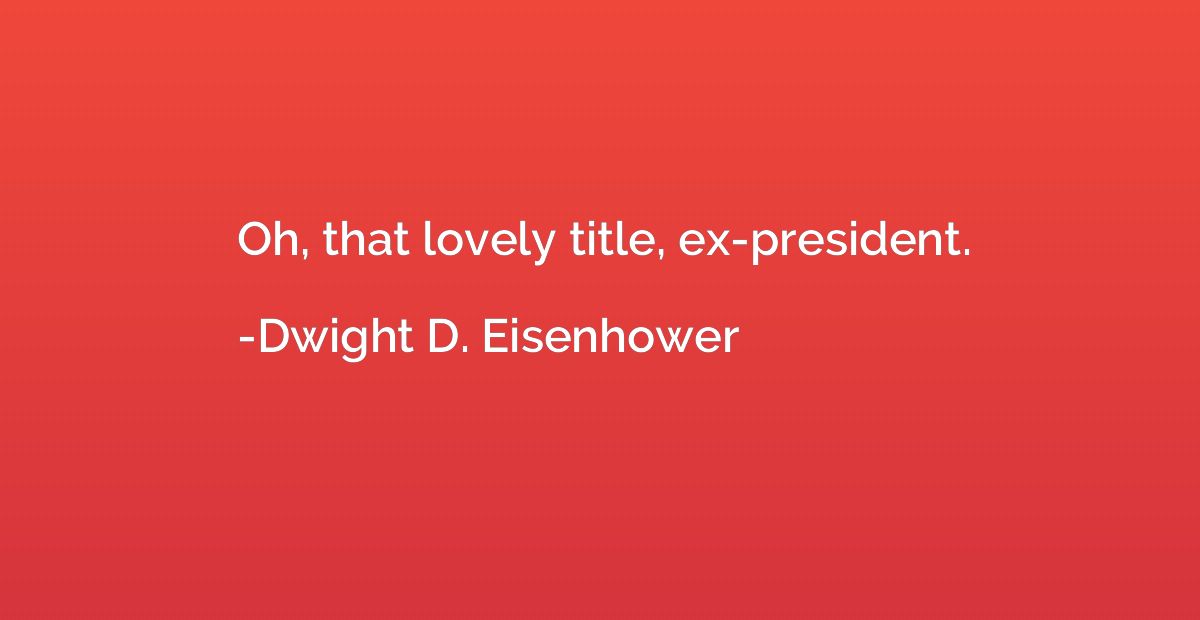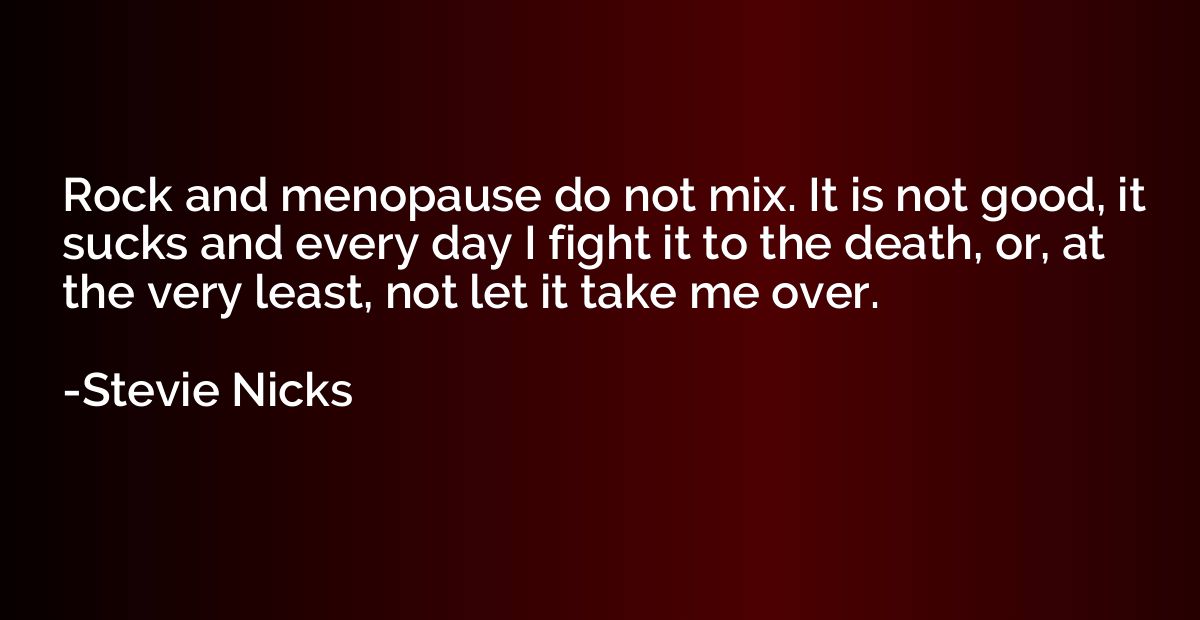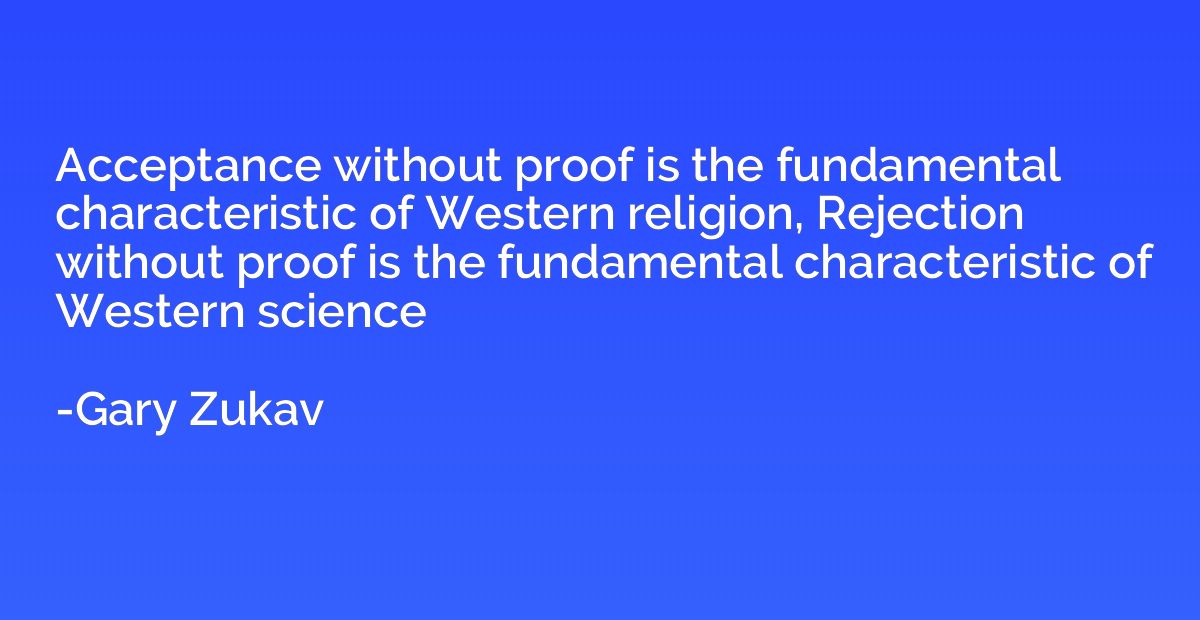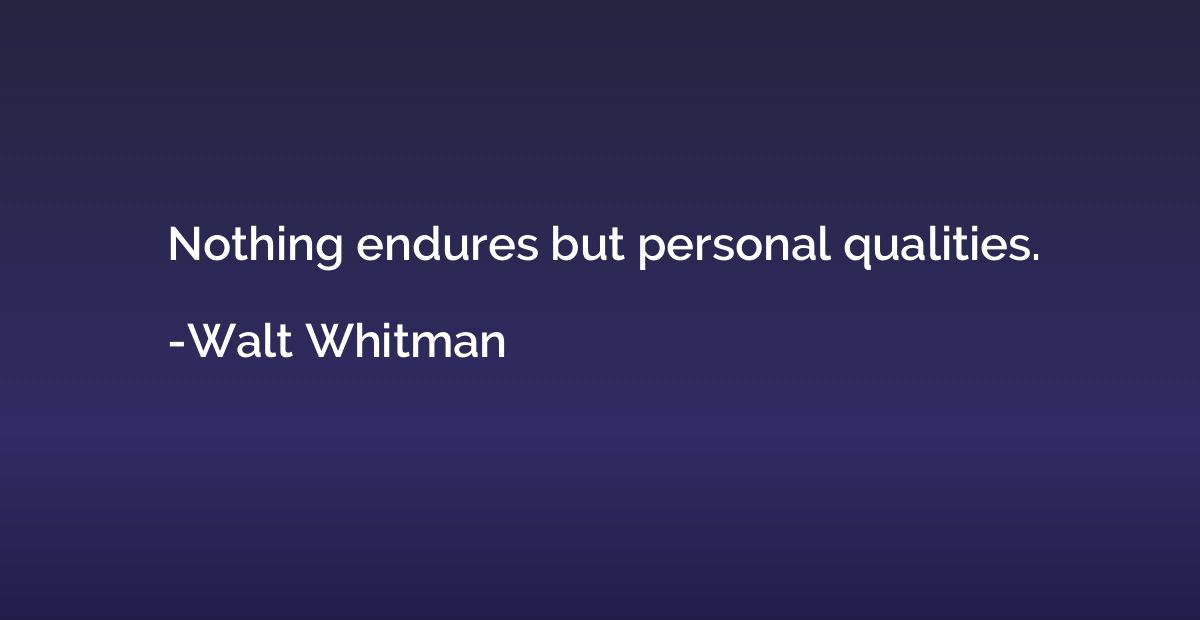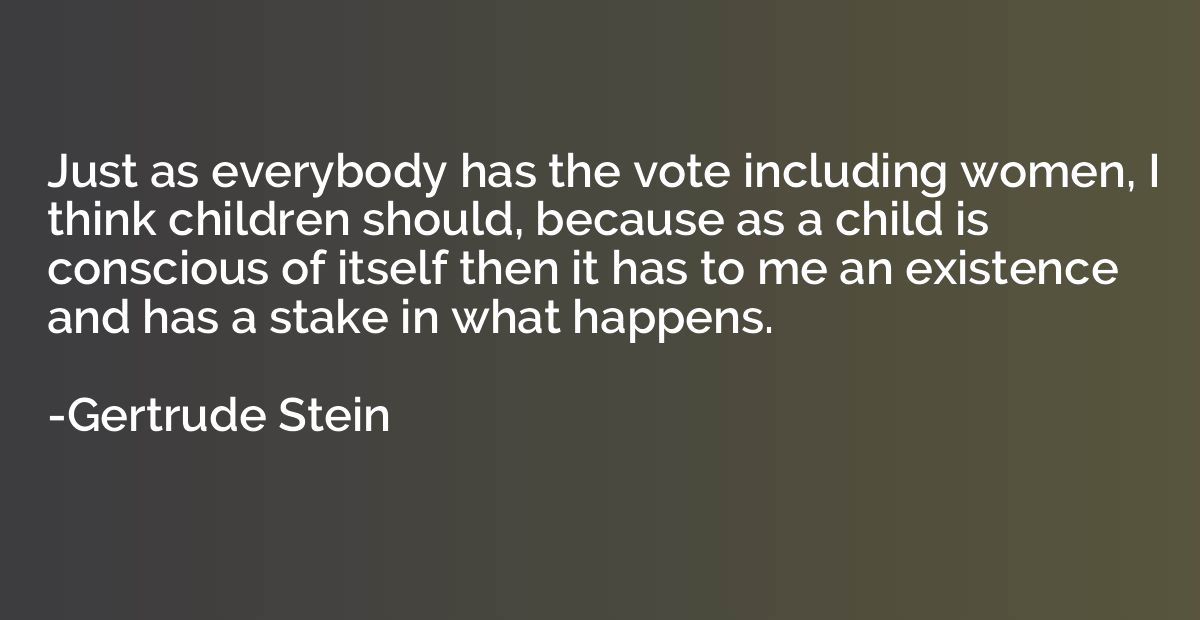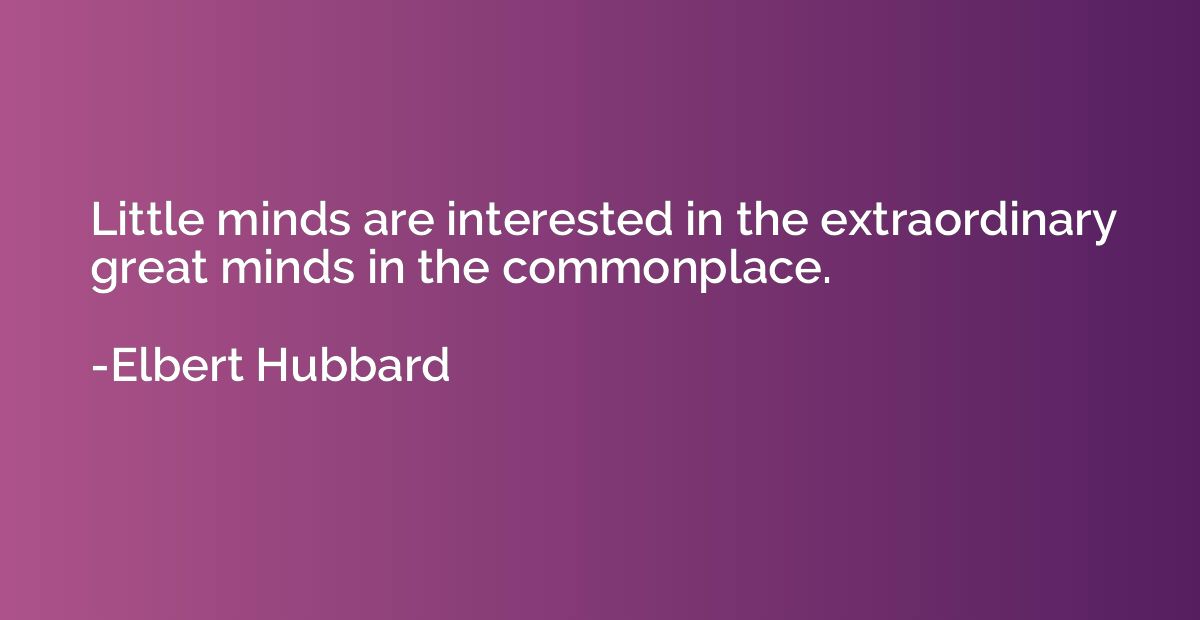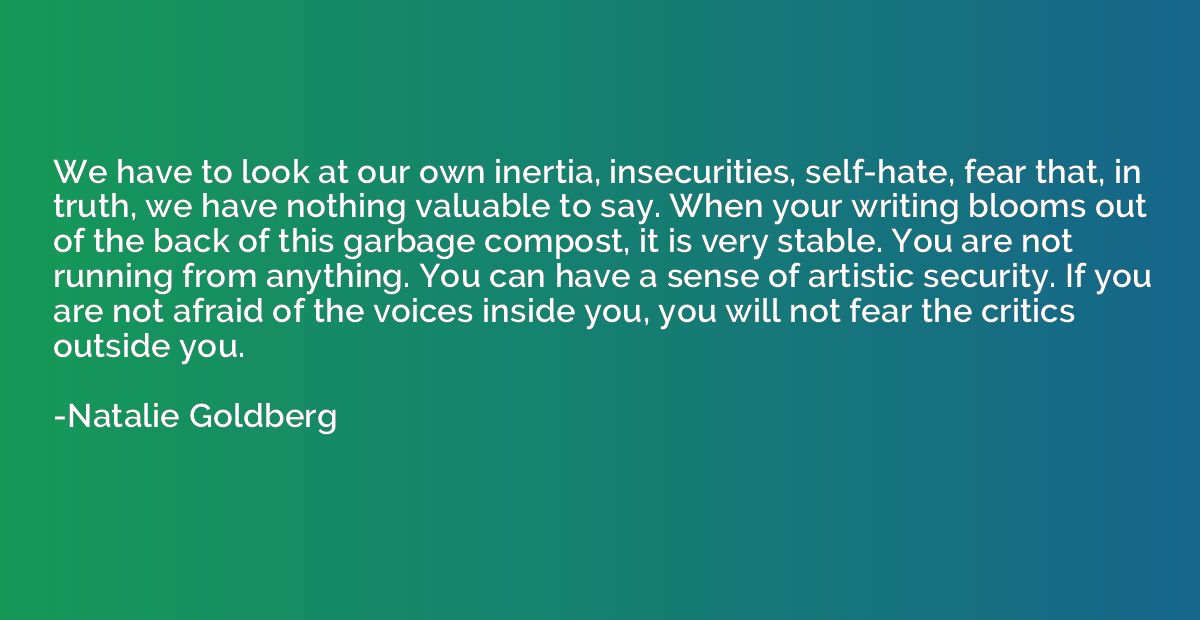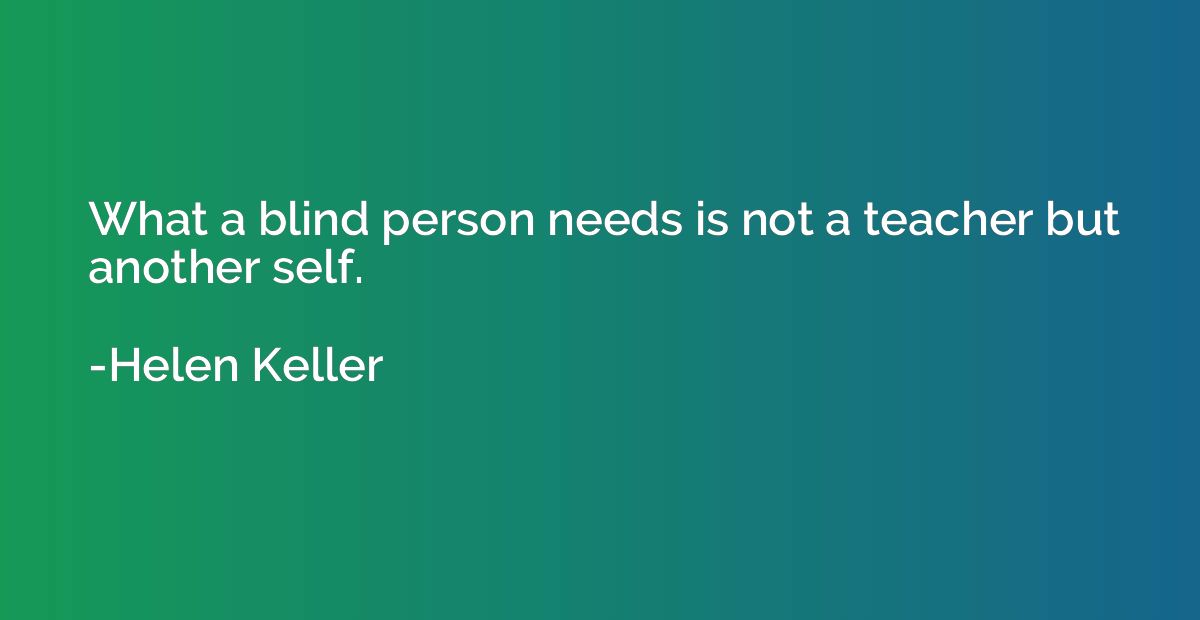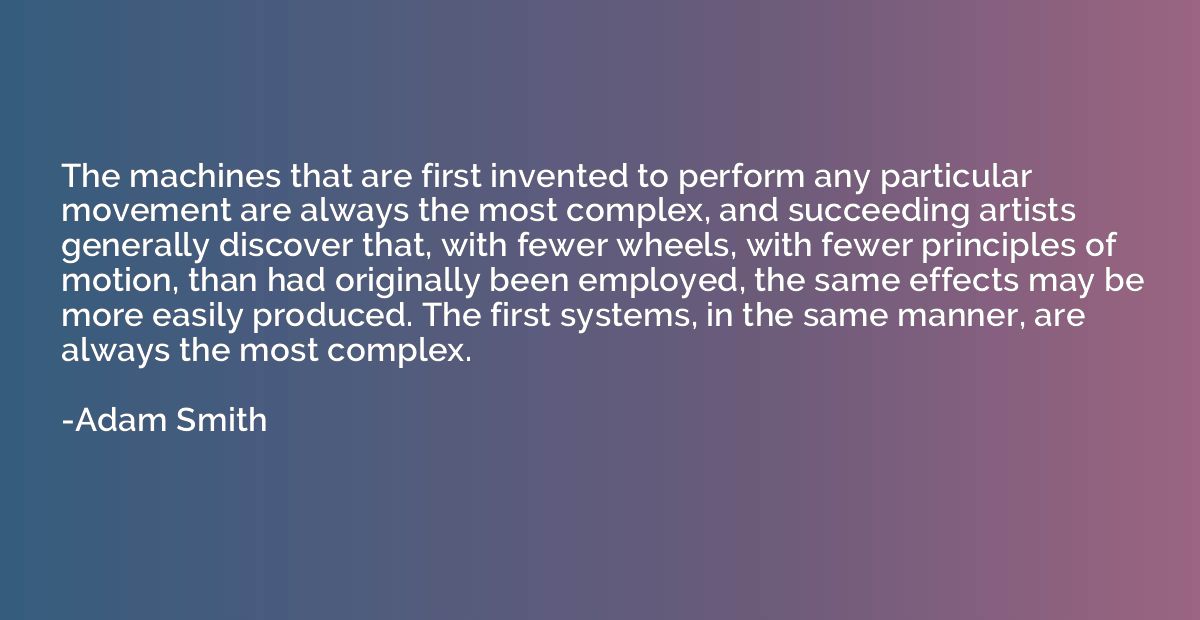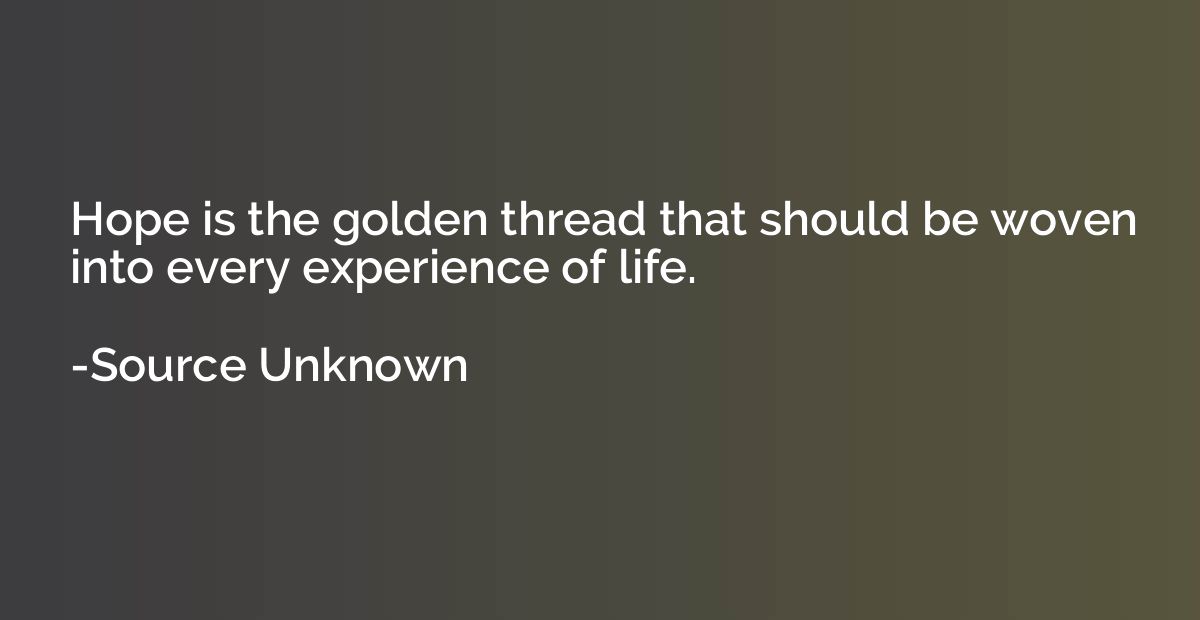Summary
This quote suggests that war, traditionally seen as a powerful force that has shaped societies and accelerated progress, is likened to the "father" figure. However, it raises a thoughtful question by inquiring about the "mother," drawing attention to an often overlooked aspect. It implies that there is an unseen and unrecognized element, perhaps peace or diplomacy, which complements war's influence. The quote challenges the notion that war alone drives change and emphasizes the need to acknowledge the many factors that contribute to the development and transformation of societies.
